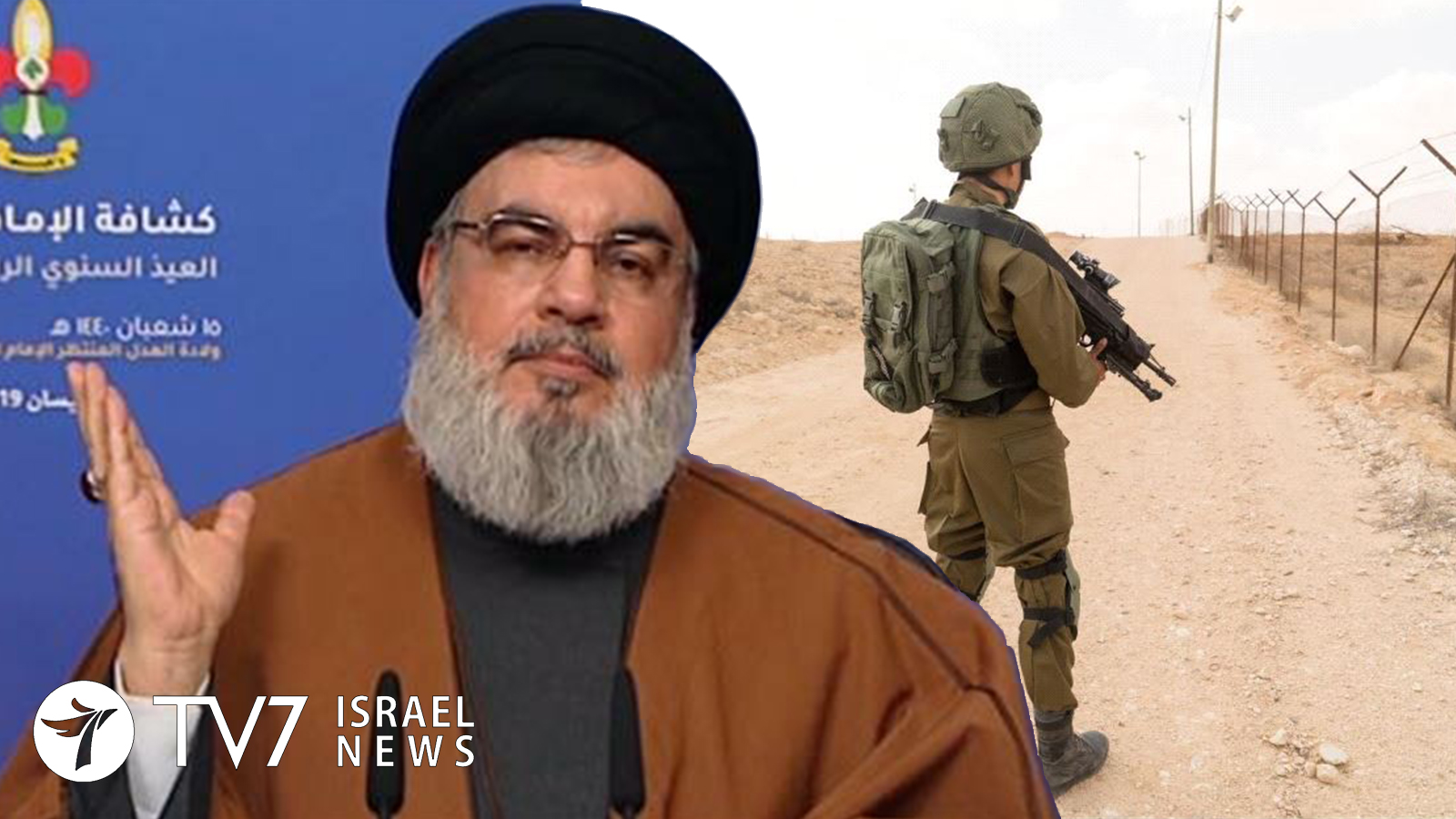Israeli Prime Minister Benjamin Netanyahu has warned Hezbollah that if it “resorts to foolishness and attacks Israel,” it will be met with “a crushing military blow.”
The premier made his statements at the start of the weekly Cabinet meeting, in response to a lengthy interview by Hezbollah leader Sayyed Hassan Nasrallah broadcast Friday on Lebanon’s al-Manar TV.
Nasrallah’s appearance was timed to “commemorate Hezbollah’s victory” over Israel in the last major confrontation between the two sides during the 2006 Second Lebanon War. Even though he said the “deterrence power” by the Iran-backed proxy makes it unlikely there will be another war with the Jewish State in the near future, he proceeded to outline battle plans for the next conflict he claimed would be so much larger it would take Israel “back to the Stone Age” and place it “on the brink of extinction.” He boasted “In a next war with us, Israel will be fighting for its existence … while I will be praying in Jerusalem.”
While pointing to a regional map, Nasrallah insisted “All of Israel is now within range” of the vast arsenal of sophisticated weapons acquired by his forces, and threatened to strike sensitive targets. “Instead of wasting missiles on the north, we will attack the south,” he said, adding “Israel tried to get rid of the ammonia tanks in Haifa and did not succeed. We only need a couple of rockets to hit these tanks, and the number of fatalities will be very large, even Israelis themselves say that.”
In statements directly addressed to Israel’s civilian population, Nasrallah stressed that it was important they understand he presented “the minimum” of Hezbollah’s abilities.
The interview was carried on the Al-Manar satellite television station affiliated with Hezbollah, broadcasting from Beirut, Lebanon. The United States designated the network as a “Global Terrorist Entity” in 2004.
In his response, Israeli Prime Minister Netanyahu said that in contrast to Nasrallah’s unveiling of Hezbollah attack plans, he had no intention of revealing Israel’s military strategies. The Israeli leader then said “It is enough to recall that Nasrallah had – for years – dug terror tunnels, which we destroyed within days.”
During his wide-ranging interview, Nasrallah also acknowledged the deployment of Hezbollah forces throughout Syria, but said the quantity has been reduced as the civil war winds down. The heavily-armed Lebanese Shi’ite movement has played a vital role in the conflict next door, helping Syrian President Bashar al-Assad reclaim much of the country.
“There are no regions in Syria that we have fully emptied out, but there is no need for the numbers to stay the same,” said Nasrallah, adding “We have reduced the forces based on the needs of the current situation.”
Assad’s military has defeated rebels and Islamic State militants with the help of Russian air power and Tehran-supported militias. Still, more than eight years of war have left Syria carved up into swathes of U.S., Russian, Turkish and Iranian influence that appear unlikely to be stitched back together any time soon.
In the northwest, Syria’s last big insurgent stronghold, an army assault has faced a counterpunch that underlines Turkish resolve to keep the region out of Assad’s hands.
Other than Turkish forces deployed with the opposition in the northwest, U.S. troops are also still stationed alongside Kurdish forces in the northeast.
